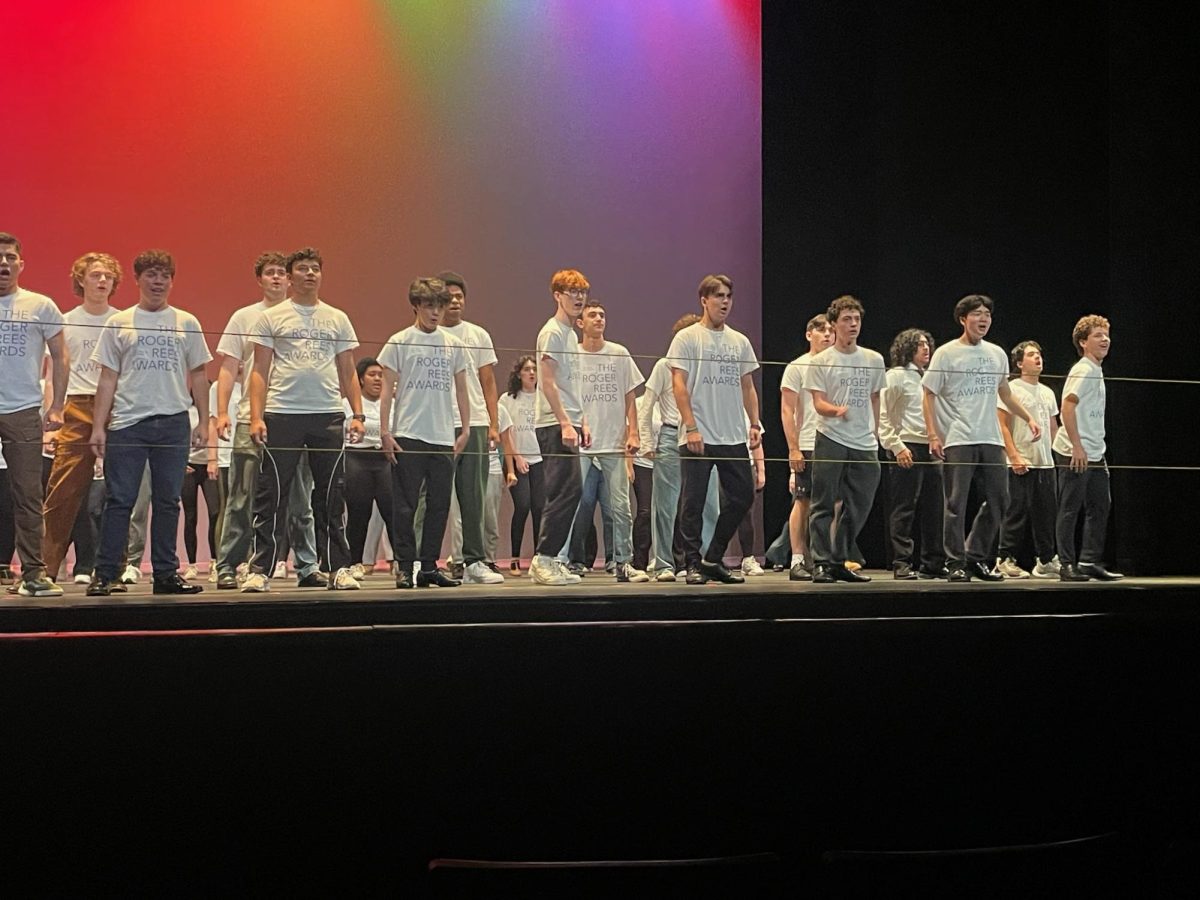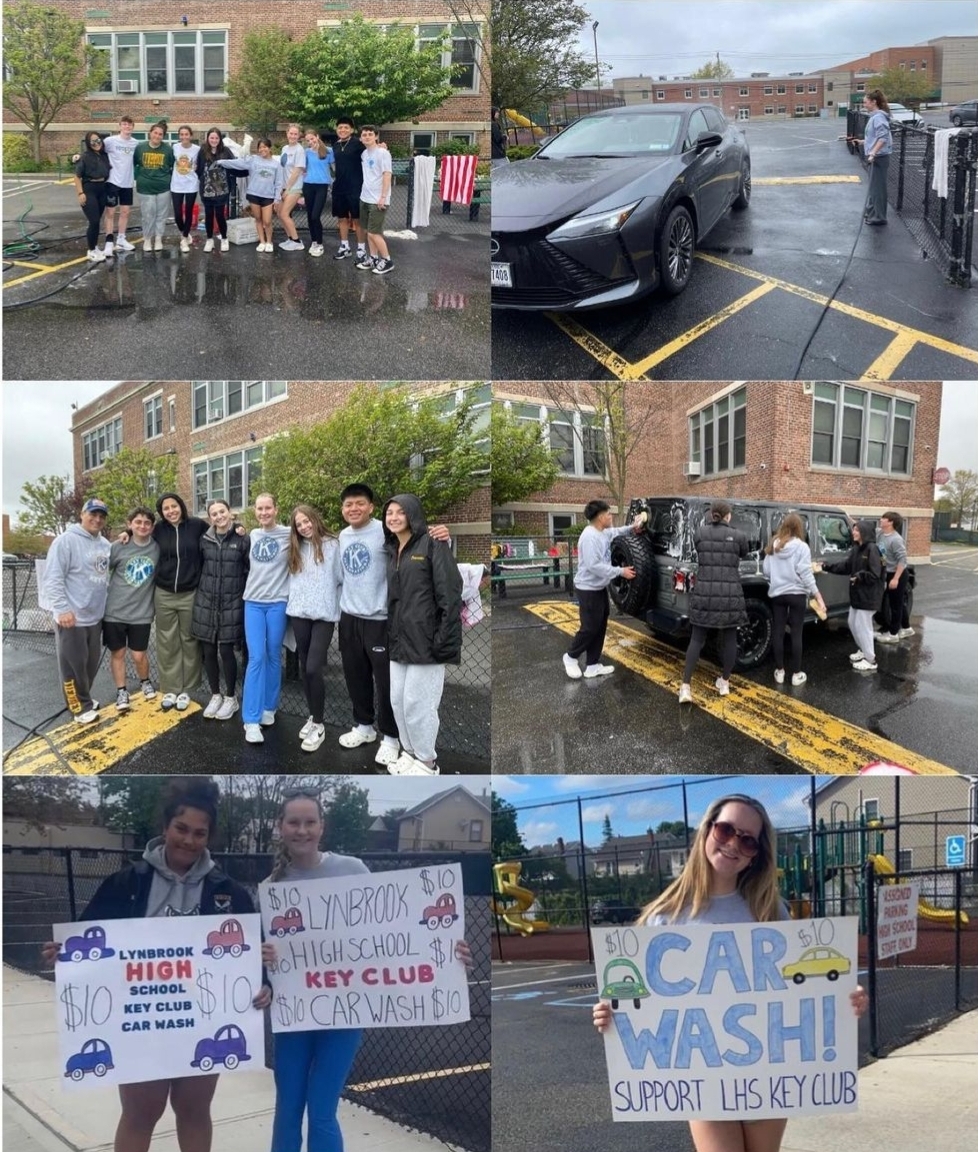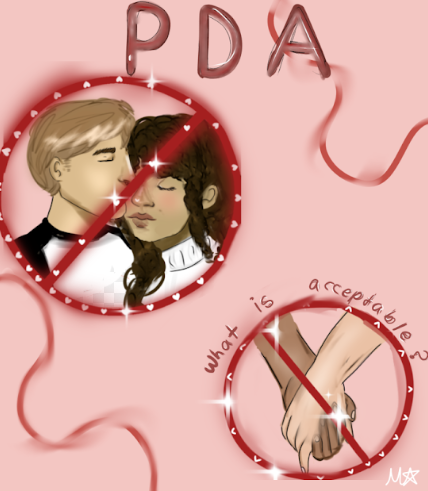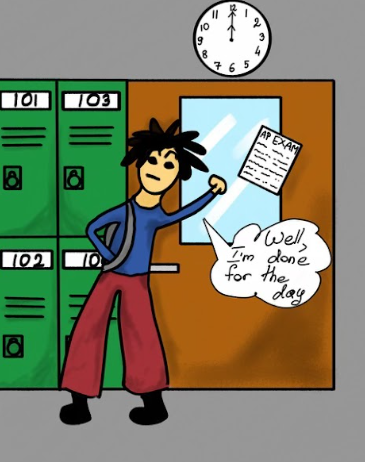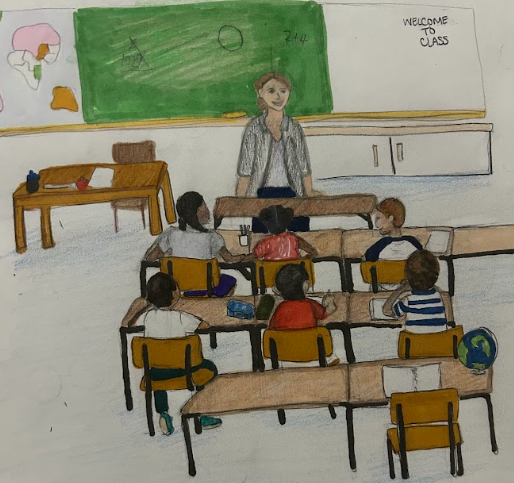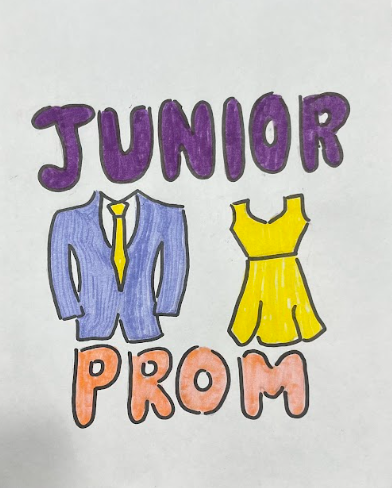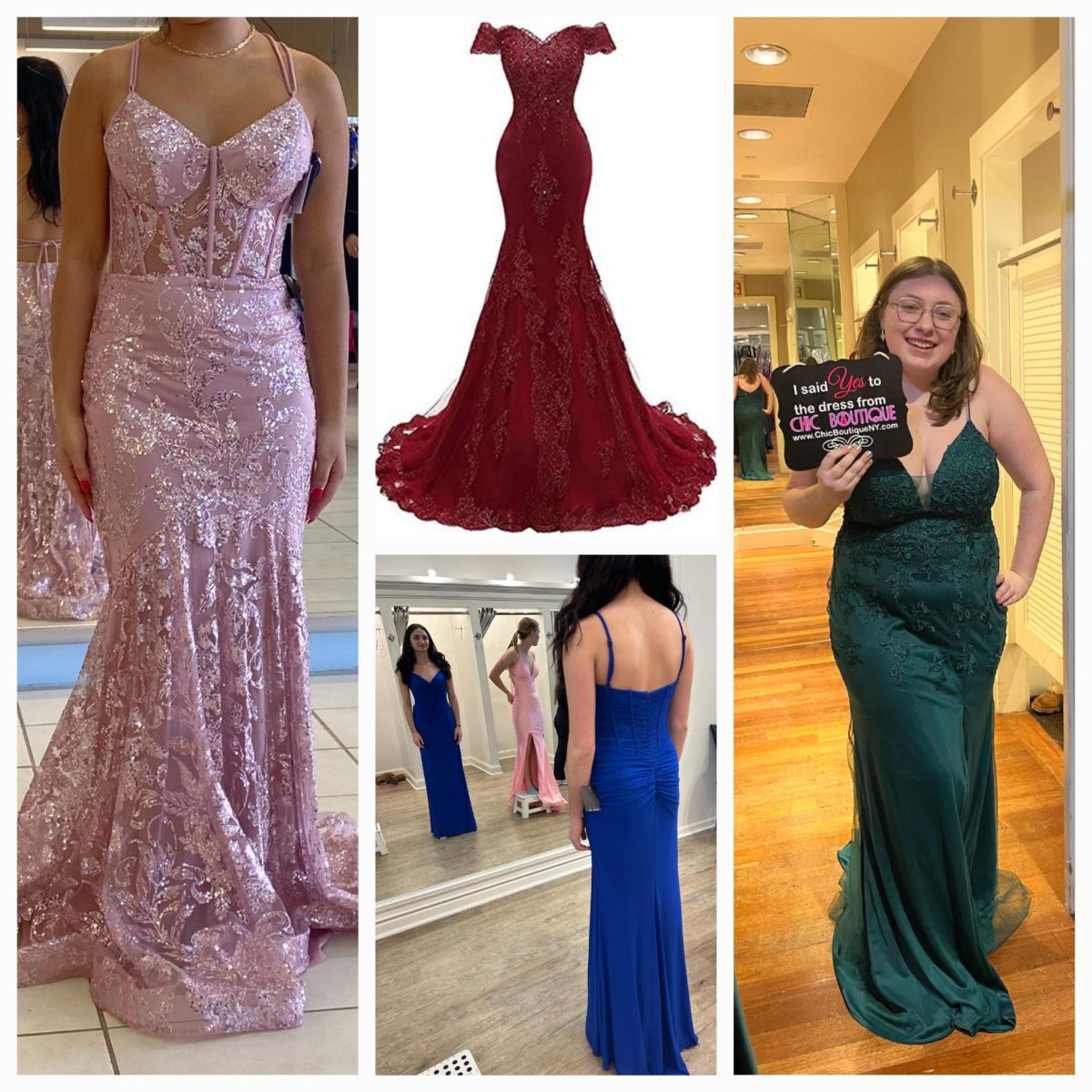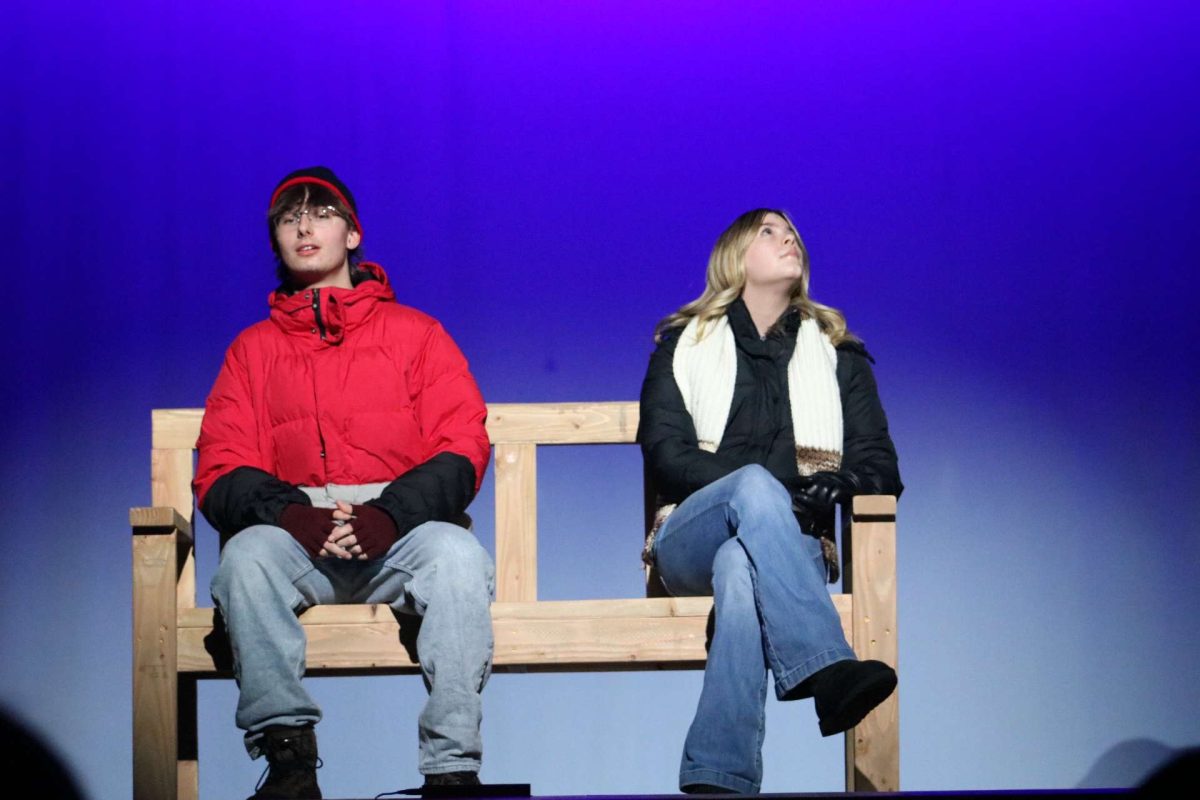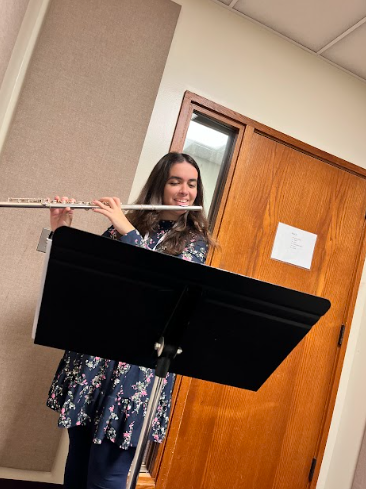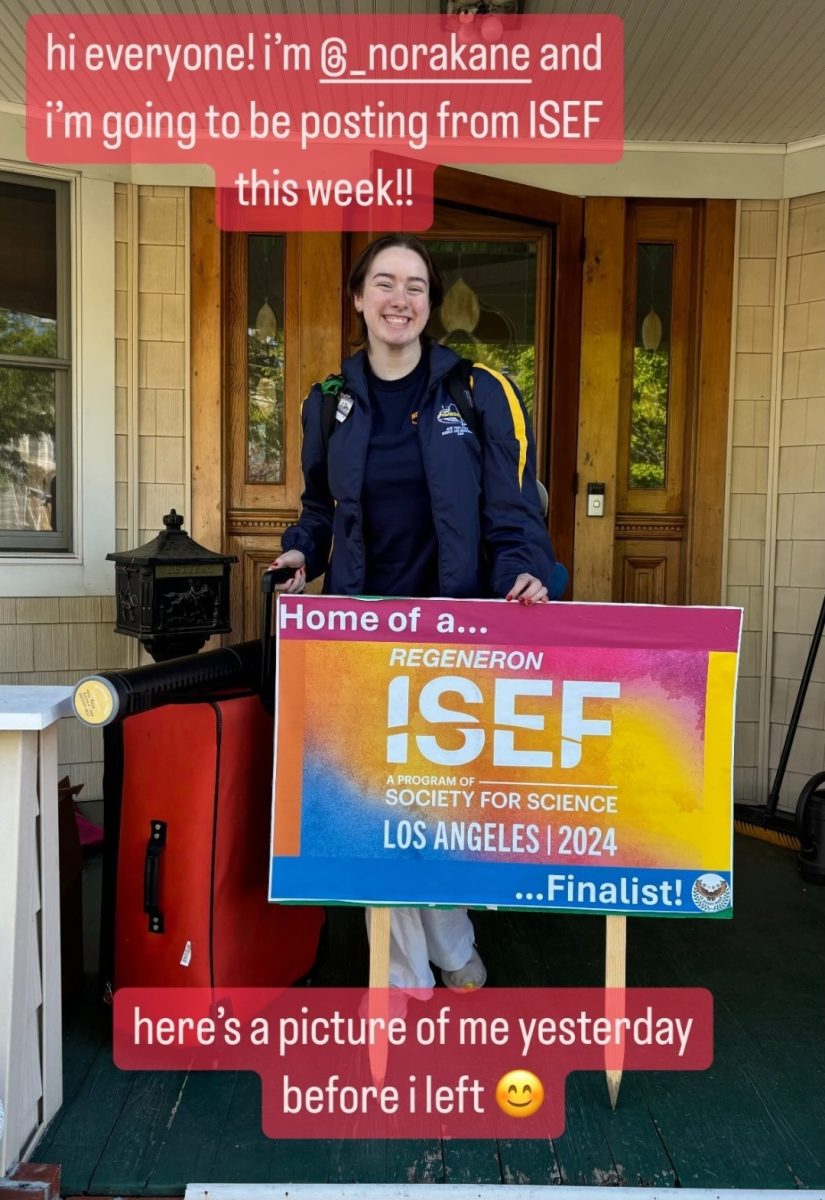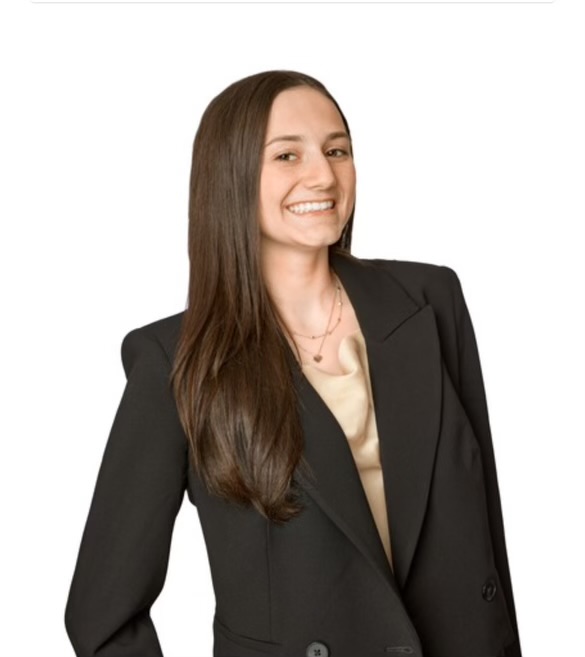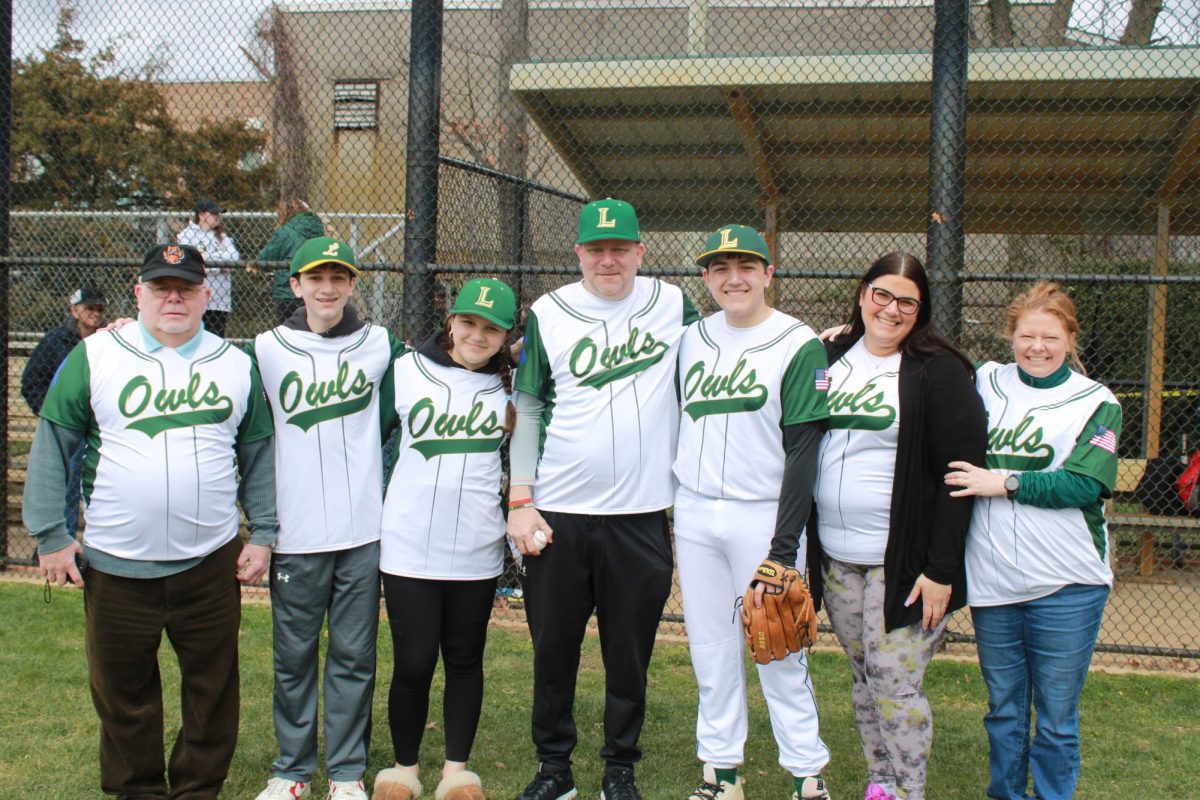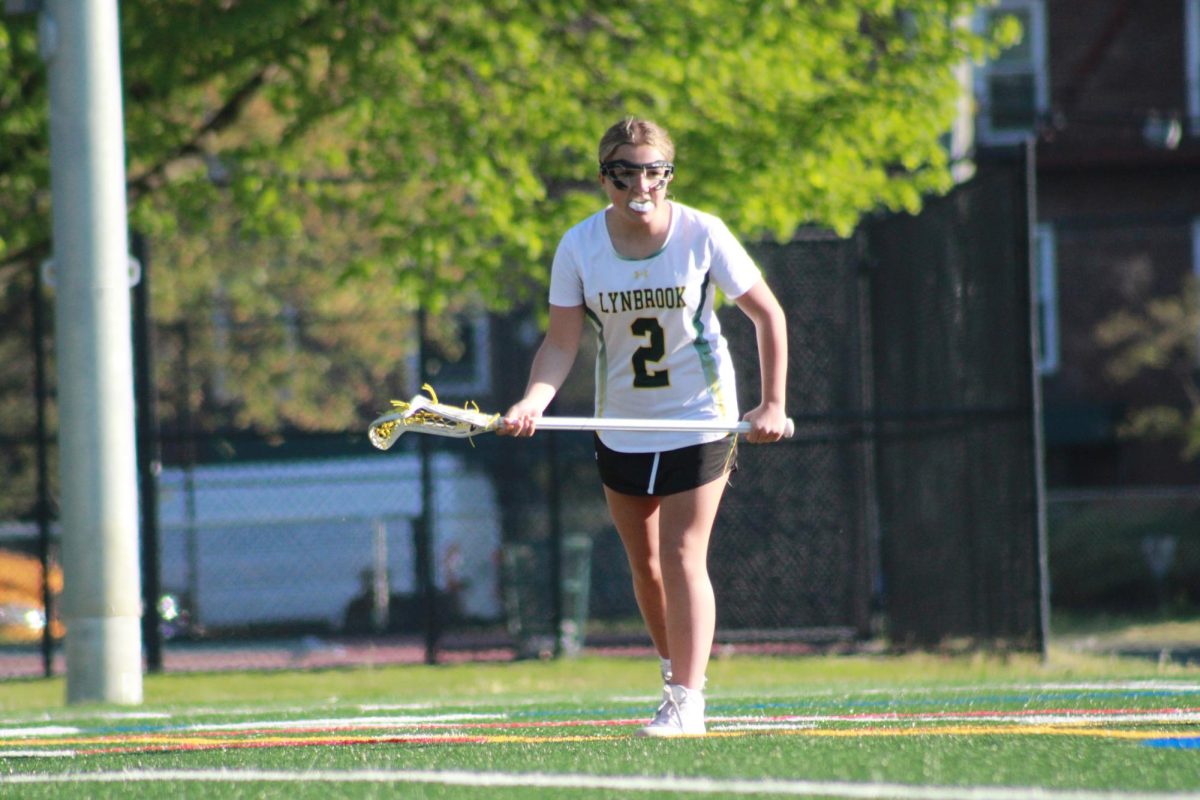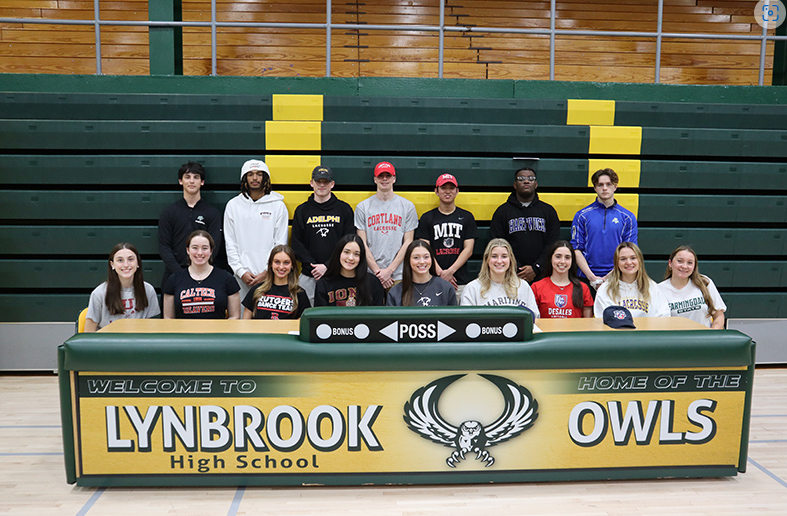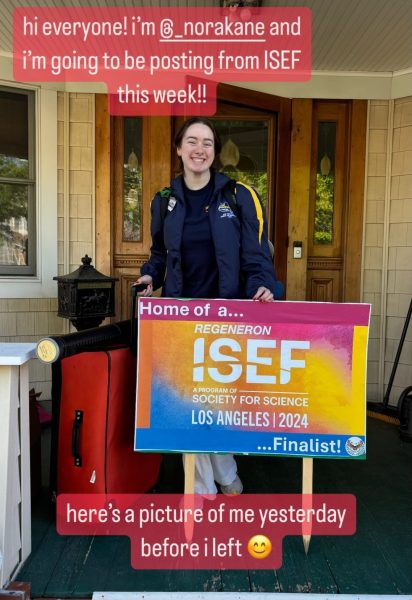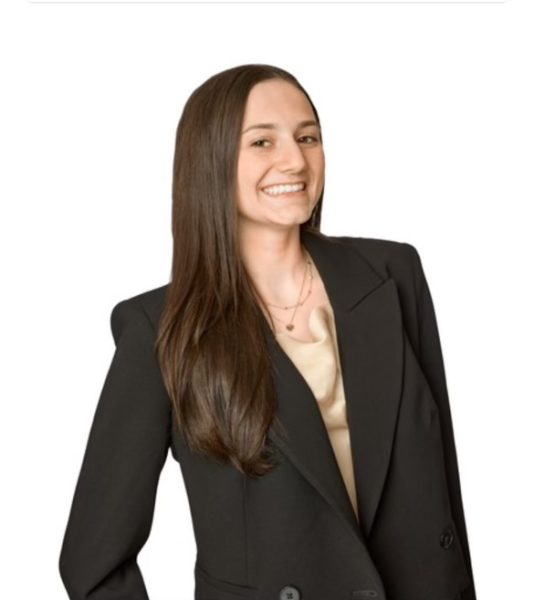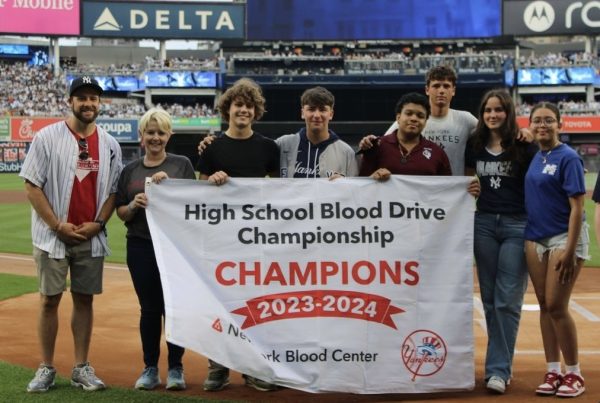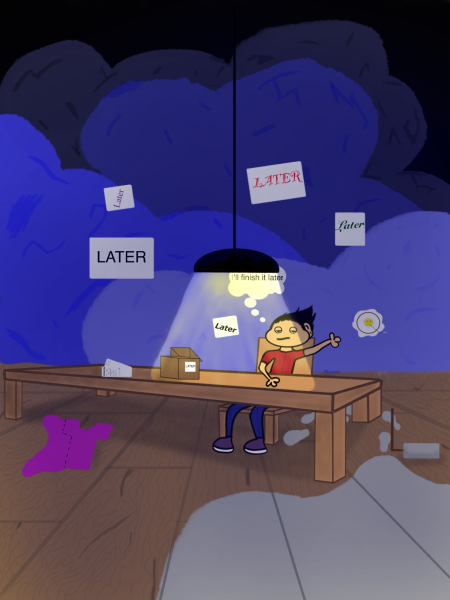Casting Conundrums: Should Actors Be Cast in Unrelatable Roles?
Photo by Lisa Fotios from Pexels
Many have debated whether it is acceptable to cast actors as members of communities they are not a part of.
Films, television shows, music videos, and commercials have become staples in modern pop culture. More recently, however, a contentious dispute has arisen over whether actors should be cast to play characters that they cannot relate to in real life. This conflict arises in many situations, such as a straight actor portraying an LGBTQIA+ character, or a neurotypical actor playing a neurodivergent character. Although, these situations are very different and must be treated as such. If a straight person plays a role well and avoids offensive stereotypes, they can play an LGBTQIA+ character. However, casting a neurotypical person for a neurodivergent role is ableism because a neurodivergent person could have easily played the role just as well as a neurotypical actor.
Should a straight actor be able to play a role of someone who is part of the LGBTQIA+ community? Yes, but only if they execute it with taste. James Corden, a straight man, was cast in The Prom, a Broadway musical turned film that was released in December of 2020. The whole movie was centered around accepting and supporting the LGBTQIA+ community; it is about a group of people trying to help a teenage girl who is told she cannot go to prom with her girlfriend. People generally enjoyed the movie, but there were many people who criticized director Ryan Murphy’s choice to cast Corden in a gay role, as well as Corden’s stereotypical, offensive, portrayal of a gay man, as he has never experienced being a part of the LGBTQIA+ community himself.
Freshman Charles Reis believes that only people part of the LGBTQIA+ community should play LGBTQIA+ roles. “I don’t think that straight actors can fully represent and portray LGBTQIA+ characters and storylines,” he said. Freshman Grace Loiselle agrees with that sentiment. She said, “I think that it is appropriate to cast people who can act from experience and emotion. People in the LGBTQIA+ community should be cast rather than straight people. There are so many actors and actresses in the community, so it’s so much more powerful and appropriate to cast people who are a part of the community.”
On the other hand, while it is demeaning and offensive for actors to openly try to “act and sound gay” in a stereotypical manner, a good actor should be able to portray the role naturally, without changing the character’s mannerisms to look “more gay,” and acting as one would in any other role portraying a straight character.
This is not the only casting choice that has been controversial. Recently Sia, an Australian singer and songwriter, faced backlash after the release of her new film, Music, which revolves around Music, a teenage girl with autism. The movie’s plot was well received until Sia revealed she cast Maddie Ziegler, a neurotypical teenager, as Music. This was heartbreaking to neurodivergent people because the movie was supposed to show that people on the spectrum can do the same things as people who are not on the spectrum. Imani Barbarin, a woman with cerebral palsy, tweeted, “Sia produced a film peddling a harmful stereotype of disabled people and refused to cast a disabled person to play a disabled person. Incredibly disappointing to see yet another misrepresentation of neurodivergent people.” Another on Twitter said, “What an incredibly wasted opportunity to showcase autistic talent, and share an authentic story from that community. Will not be watching this.”
Some LHS students, including myself, share this same belief. Sophomore Abbey McMannus thinks that although it is not her place to speak for neurodivergent people, she will stand with them. She commented, “I’m not part of the neurodivergent community, so I don’t think it’s really my place to say that what she did was okay. If the majority of autistic people are offended by what she did, then it isn’t okay.” One cannot truly have a say about what is right or wrong in this situation if he is not part of the community, but standing with the community is always a positive choice.
Overall, one’s job as an actor is to portray someone who audiences want to see on screen. If that person is someone the actor is not, but the actor can give an accurate, non-stereotypical portrayal, it is not a problem. There is no issue with straight people being cast as roles that portray an LGBTQIA+ person. As long as the actor can provide a relatable and emotional experience as the character he is cast as, there is no problem with the casting decision. However, in Sia’s situation, it is just ableism. If the whole point of the movie is to broadcast what the neurodivergent community can accomplish, there is absolutely no reason for her to cast a neurotypical person as the lead because a neurodivergent person can do anything a neurotypical person could do.
Hopefully, Sia’s blatant ableism will get more attention so that her offensive ways will be condemned. Casting people as something they are not is only acceptable in certain circumstances, so hopefully, casting directors can cast talented actors whose portrayal of characters do not offend others.

I am a member of the Class of 2024 as well as a managing editor for Horizon. I like to write, read, sing, and act. One fun fact about me is that I love...

